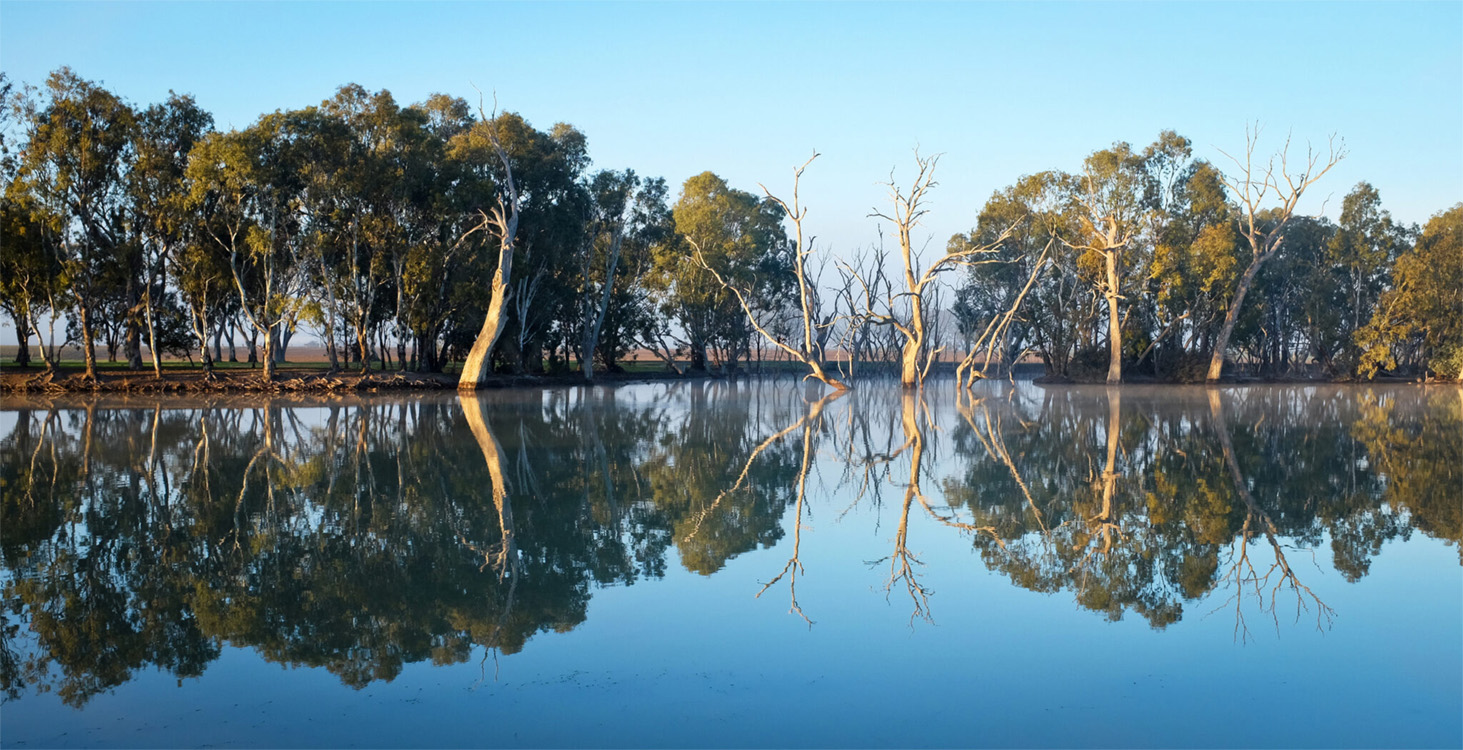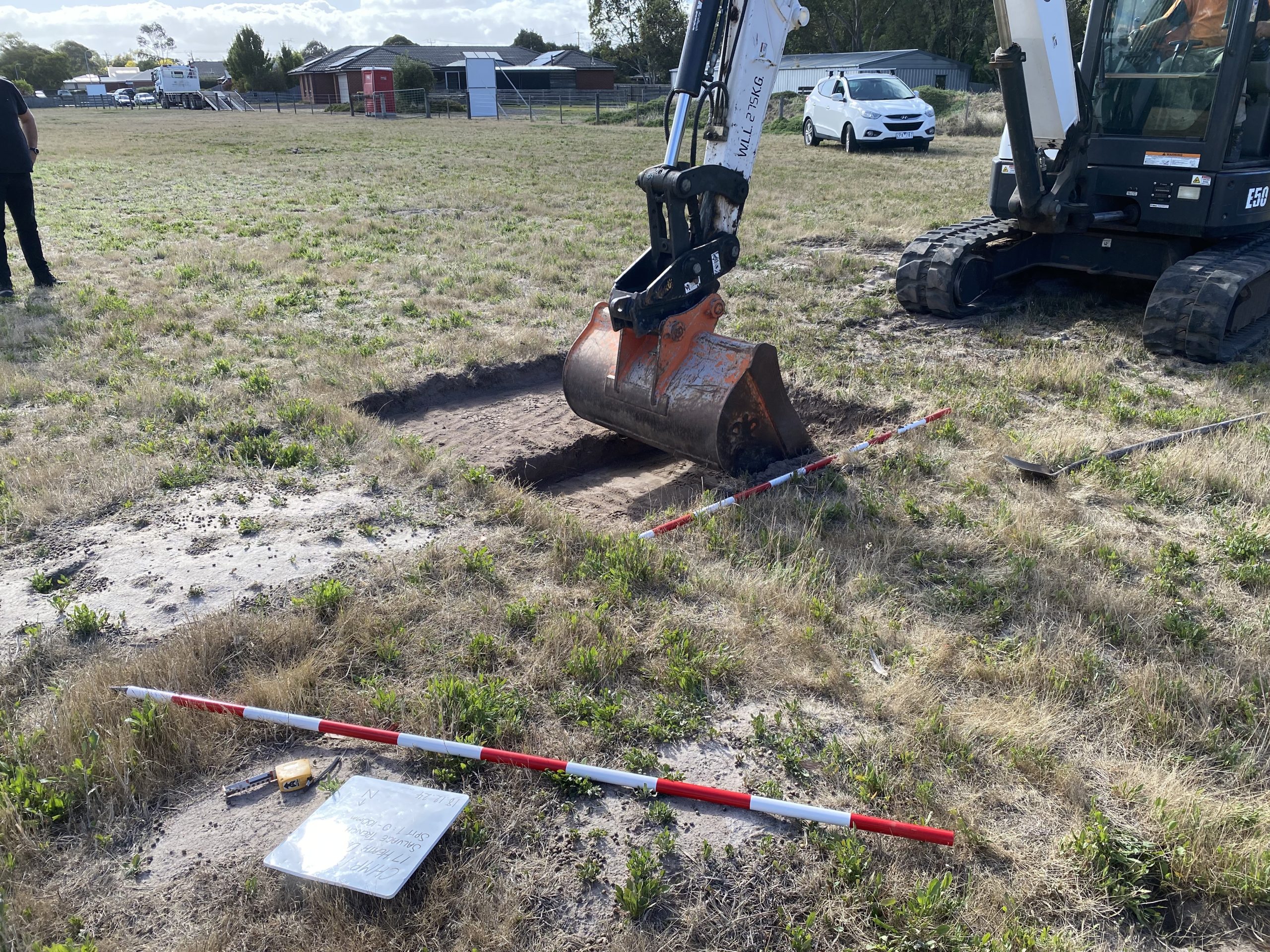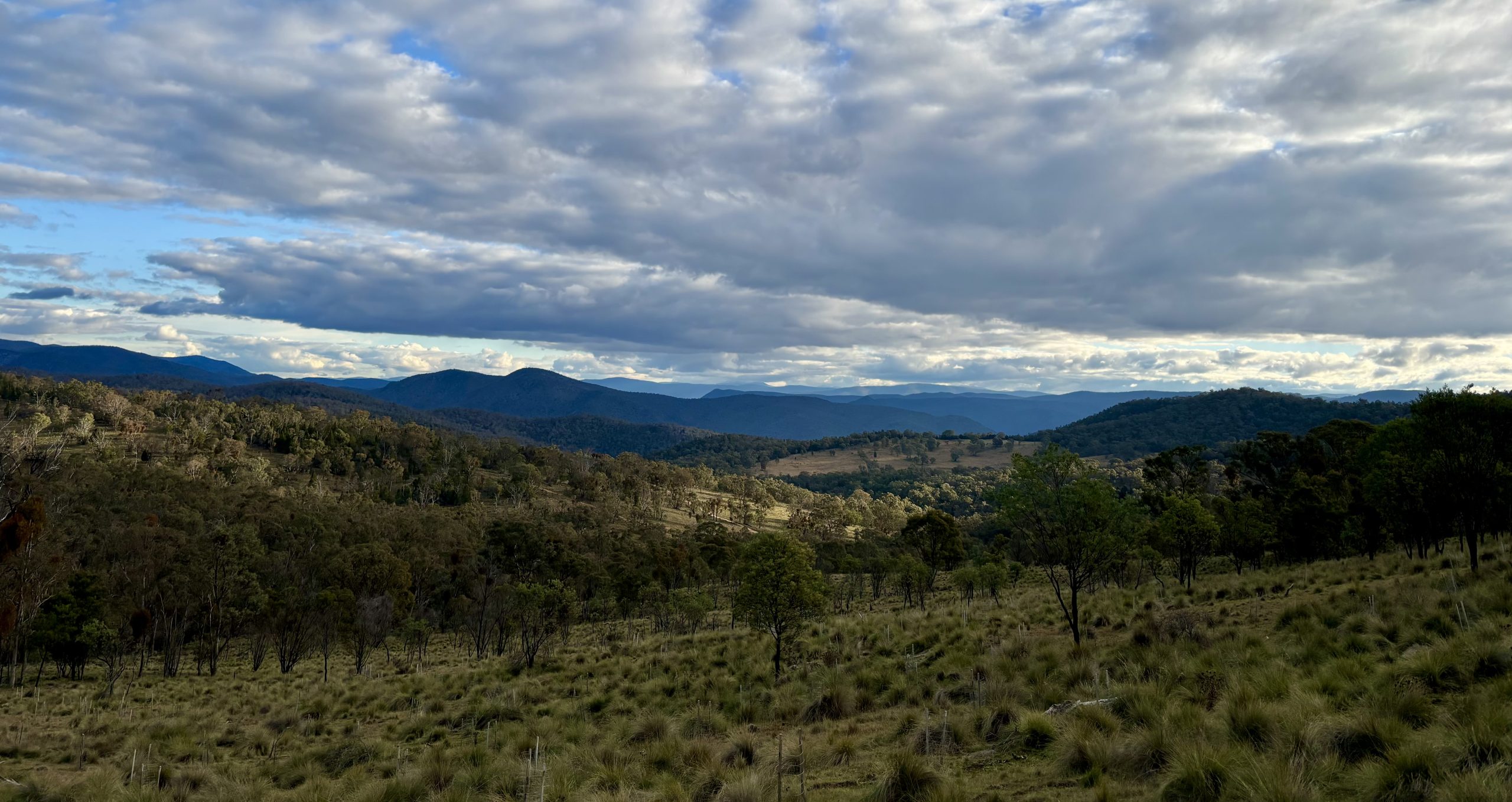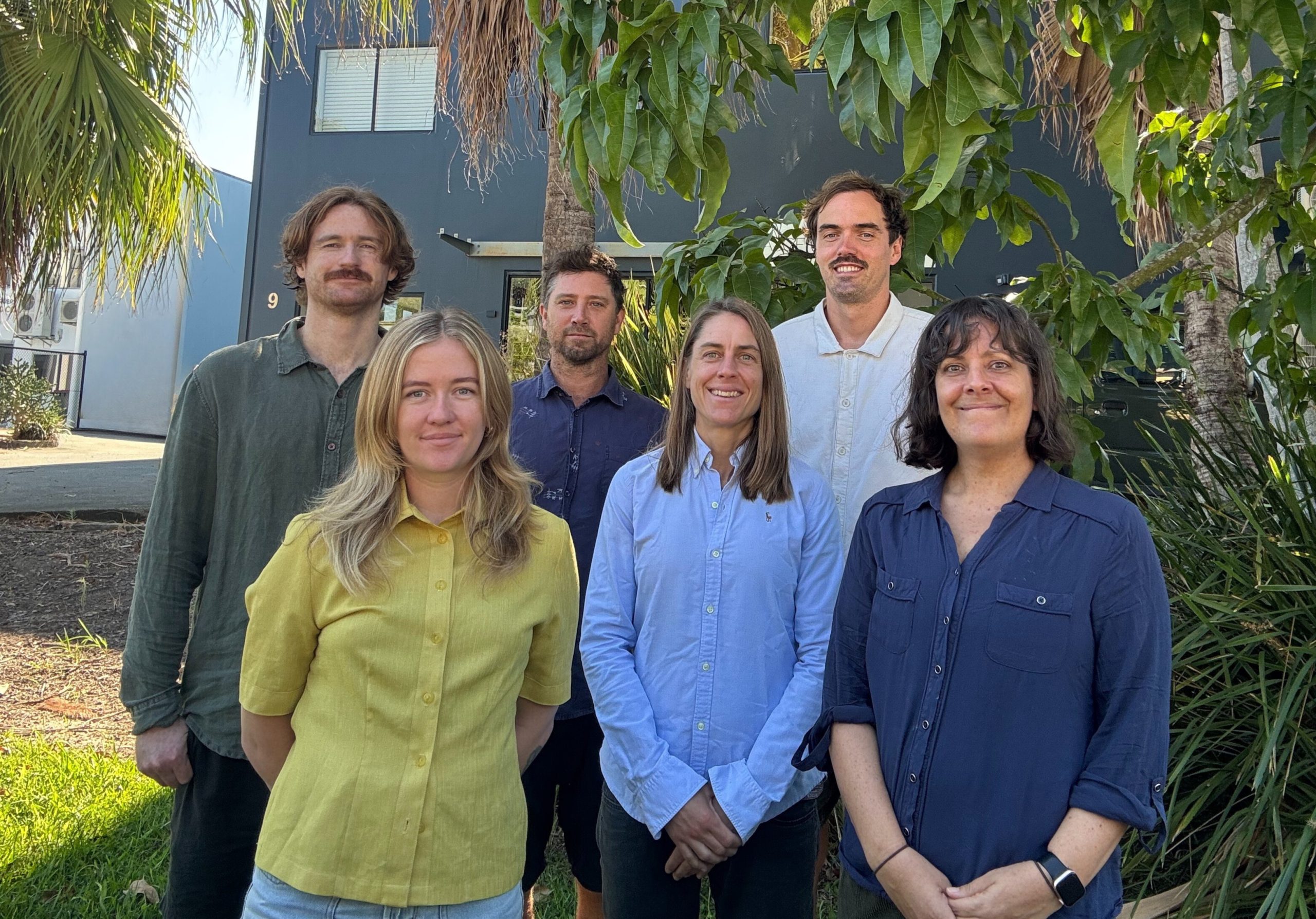Beyond sustainability: valuing and managing natural resources.
Author: Simon Tweed, Manager – Natural Capital Strategy
October 12, 2023

News & Insights
Planning for nature positive opportunities
Economist, Dr Ken Henry’s 2023 Independent Review of the NSW Biodiversity Conservation Act for the NSW government puts the nature positive case starkly:
‘principles of sustainable development … are no longer fit for purpose … The natural environment is now so damaged that we must commit to “nature positive” … Our future depends on it.’
In Australia, governments at federal and state level are reviewing environmental laws from this new ‘nature positive’ framework that promotes repair and regeneration.
Global attention focusing on financial value of environmental damage
This shift in Australian policy reflects a changing global economic and regulatory approach to valuing and managing natural resources.
The Taskforce on Nature-related Financial Disclosures (TNFD) explains that damage to complex and interacting natural systems poses fundamental risks to financial systems and economies.
It argues global markets have not yet appropriately understood, or priced, the economic effects of damage to natural systems. Nor have they recognised and rewarded opportunities to repair natural environments and systems.
A framework to help future-proof operations
The TNFD recommendations, released in September 2023, provide a framework for businesses to identify and disclose their nature related risks, impacts and opportunities.
While reporting is voluntary (for now), the TNFD framework provides a valuable tool for strategic and future planning.
Financial institutions are focusing on rewarding organisations participating in TNFD-style disclosures. This, along with potential future restrictions on funding for those who do not engage, may provide an incentive to take part. The framework can also help businesses identify potential operational risks – such as disruption to supply chains, reputational damage, restrictions on future access to finance, or challenges to social licence to operate.
Others may see opportunities to reposition part of their operations to take advantage of developing nature repair and nature capital markets.
Nature positive and offsetting obligations can work together
Many Niche clients have already assessed much of their impact under existing approvals frameworks in NSW. They have also quantified offsets for terrestrial biodiversity under the NSW Biodiversity Offsetting Scheme (BOS) that promotes ‘no net loss’ outcomes.
The TNFD framework challenges organisations to think more broadly than the immediate terrestrial biodiversity impacts of their business operations. Ultimately, it will require consideration of the upstream and downstream implications for business of all natural environments, including freshwater and marine ecosystems, soil biomes and air quality.
For clients who are already working with the BOS, the good news is that offset schemes can be great vehicles for achieving nature positive outcomes. Particularly since the BOS provides a structure for funding land management arrangements in perpetuity, which will be essential for secured and lasting nature positive outcomes.
It may also present opportunities to use existing processes or extend existing activities to achieve nature positive outcomes, as suggested by the Henry Review.
Early and strategic consideration of natural impacts is key
Niche continues to advocate a strategic approach to addressing all natural impacts of projects.
Consider these early in the design phase, rather than as an unavoidable cost to be considered only after projects are scoped and planned.
The TNFD framework also reinforces the need to consider multiple interlocking natural systems when considering development impacts rather than addressing each obligation separately.
Niche offers whole-of-project services and has applied experience in assessing land and designing and engineering projects through multiple frameworks, including carbon credits, biodiversity offsetting and nature repair.
As the move towards natural repair markets gathers momentum, we are seeing how effective design can help avoid and mitigate impacts, minimise offsetting obligations, reduce costs and help demonstrate nature positive outcomes for our clients.
About the author:
Simon Tweed is the Manager – Natural Capital Strategy at Niche. His NRM career spans 20 years working across private, government and NGO sectors. Simon is an accredited assessor under the NSW Biodiversity Offset Scheme and advises on major development and offset projects consistent with State and Commonwealth policies.
Simon has been piloting the Taskforce on Nature-related Financial Disclosures (TNFD) draft framework to provide clients with insights into the TNFD and how it applies to their operations and identifying supply chain and associated nature-related risks and opportunities.
Find out more:
- Taskforce on Nature-related Financial Disclosures: Recommendations (2023)
- Independent Review of the Biodiversity Conservation Act 2016 (NSW) – Final Report (2023)
- Department of Climate Change, Energy, the Environment and Water: Nature positive plan: better for the environment, better for business (2022)



